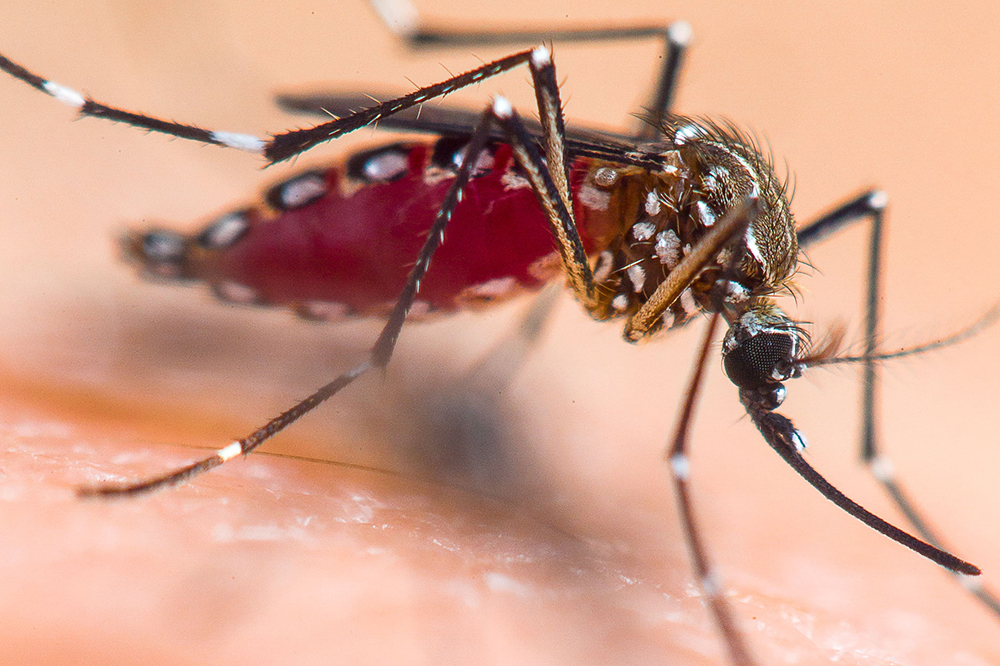
Breakthrough: Quantum and Classical Internet Merged via Single Optical Fiber
Inventions
Zaker Adham
07 August 2024
02 August 2024
|
Zaker Adham
Summary
Summary
Researchers have achieved a significant breakthrough in the fight against mosquitos by developing a new type of repellent that lasts over a week. Unlike traditional repellents like DEET, this innovative solution is non-toxic and utilizes common human skin bacteria.

Scientists have been exploring various methods to combat mosquitos, including the release of genetically modified mosquitos. However, a new approach focuses on creating a long-lasting, non-toxic
mosquito repellent. This breakthrough repellent is designed using common human skin bacteria and could offer a more effective way to repel mosquitos and prevent the diseases they transmit.
Mosquitos, especially females, are attracted to humans and animals due to factors like body heat, skin odors produced by microbes, and carbon dioxide. To develop a long-lasting repellent, scientists targeted these attractors. They discovered that reducing the production of L-(t)-lactic acid, a compound released by certain skin bacteria, significantly decreases mosquito attraction.
The researchers found that applying engineered bacteria to the skin reduced mosquito attraction by 64.4% starting three days after application, with the effect lasting up to 11 days. This makes it a more durable solution compared to traditional repellents like DEET.
In addition to its effectiveness, the new bacteria-based repellent is non-toxic, unlike
DEET, which can be harmful to animals. A study published in PNAS Nexus highlights the potential of genetically engineered bacteria to provide safer and more reliable mosquito repellents.

Inventions
Zaker Adham
07 August 2024

Inventions
Zaker Adham
18 July 2024

Inventions
Zaker Adham
17 July 2024

Inventions
Zaker Adham
17 July 2024